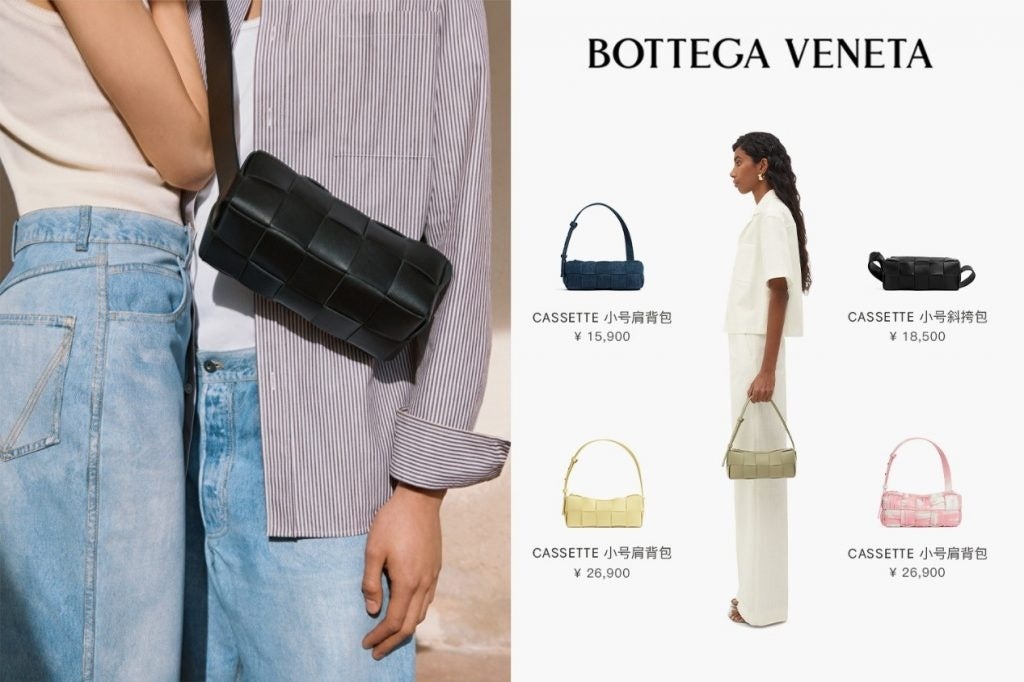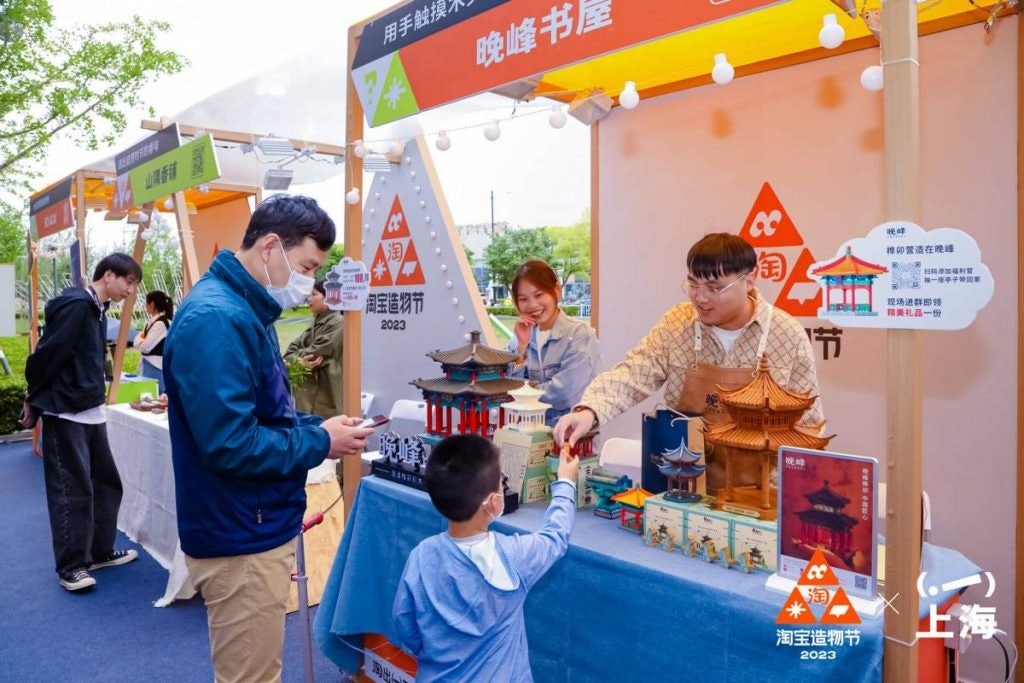What happened
It’s been a big month for tech earnings in China. On August 16, JD.com reported that net revenues for the quarter ended June 30 jumped 7.6 percent to 39.7 billion (287.9 billion RMB), beating analyst estimates.
The number of marketplace merchants more than doubled thanks to lowered platform service fees, while user shopping frequency grew as the number of product offerings expanded, said the company. During the three-month period, fashion and beauty brands including Bottega Veneta, Missoni, Sisley and SkinCeuticals set up online flagship stores, enriching JD.com’s ecosystem.

Last week, rival Alibaba similarly beat Wall Street estimates as revenue surged 14 percent year on year to 32.3 billion (234.16 billion RMB) in the same period. Sales to June 30 at Taobao and Tmall Group, the e-commerce giant’s largest revenue generator, climbed 13 percent year over year to 15 billion (109.83 billion RMB), its first sales rise in more than a year.
The Jing Take
After several years of tech crackdowns and Covid-19 restrictions, China’s e-commerce giants are making a comeback.
For JD.com, growth has come from its pursuit of low prices and its “10 billion subsidy program,” which kicked off in March of this year to provide discounts on all product categories. In addition to attracting new buyers, the number of repeat customers in the Q2 grew by double digits and the number of JD PLUS members swelled over 20 percent year over year to reach 36 million. The average gross merchandise value (GMV) per user also increased by high single digits, reported the company.
“Sometimes, I hear people make the argument that JD's pursuit of low prices will inevitably impact user experience and our profitability. We know this argument is incorrect,” said JD.com CEO Sandy Xu on a call with investors. “Value means providing both low price and extra value of services for the many customers paying. And not surprisingly, JD's supply chain capability is the key to delivering this.”
Indeed, low prices and promotions have been key to luring cost-conscious consumers this summer. Both companies highlighted their performance during the 618 festival: Alibaba’s Taobao app saw daily active users rise by 6.5 percent in June compared to the year prior, then by 7 percent in July, driven by an influx of consumers from lower-tier cities.

"Our value-for-money battle will continue and will be an area of major investment," said Taobao and Tmall CEO Truly Dai.
Meanwhile, JD.com opened 724 JD home appliance stores in lower-tier markets during 618, seizing market share in one of its core categories despite China’s challenged real estate market.
Tellingly, neither company disclosed its GMV figures for the festival.
JD has grand goals for the next 20 years, which include having seven publicly listed companies with a 100 billion RMB-plus market capitalization. “It also highlights our unshakable confidence in and commitment to China's long-term economic development,” added Xu on the call.
But confidence is something that may be lacking in the short term. Despite the solid earnings beat, US-listed JD shares were still down almost 5 percent in early trading on Wednesday. With retail sales in China increasing just 2.5 percent in July — the weakest growth in consumption since December — investors are clearly worried about the country’s larger economic slowdown.
An announcement by the National Bureau of Statistics earlier this week stating China would suspend the announcement of youth unemployment data after consecutive record highs has only continued to fuel concerns.
The Jing Take reports on a piece of the leading news and presents our editorial team’s analysis of the key implications for the luxury industry. In the recurring column, we analyze everything from product drops and mergers to heated debate sprouting on Chinese social media.


